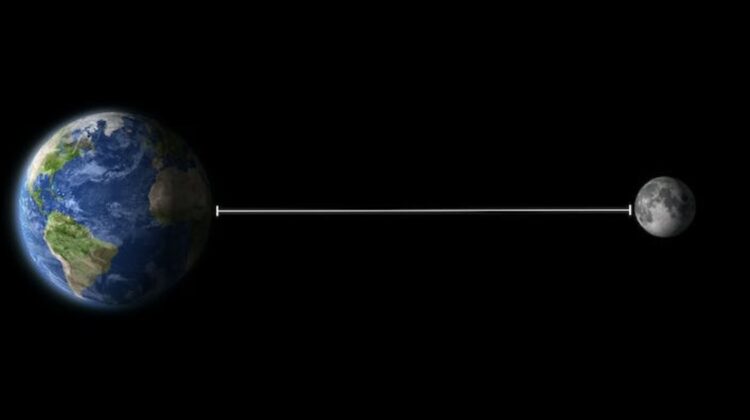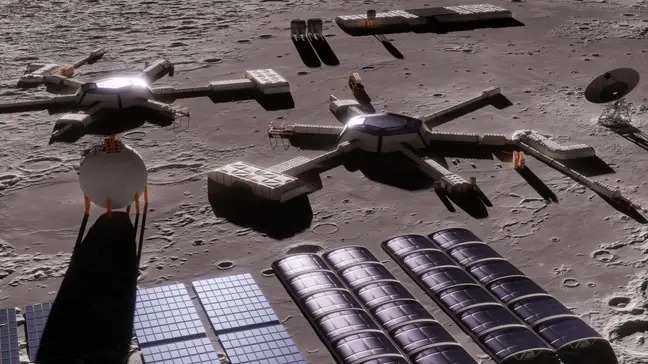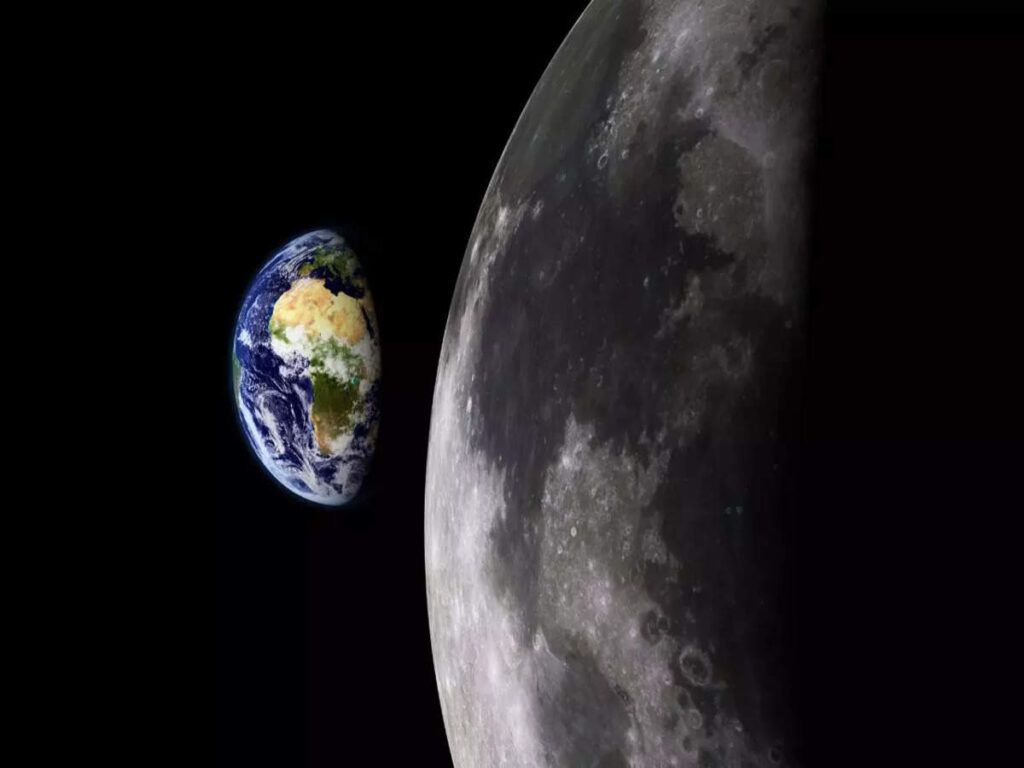
For billions of years, the Moon has been Earth’s steadfast companion, illuminating our nights and influencing our oceans. However, a recent scientific revelation has sent ripples through the astronomical community: the Moon is slowly but surely drifting away from our planet. This phenomenon, known as lunar recession, has profound implications for the future of Earth and our understanding of the cosmos.
The Slow Goodbye
Lunar recession is a natural process that has been occurring since the Moon’s formation. As the Moon orbits Earth, its gravitational pull creates a tidal bulge in our planet’s oceans. This tidal bulge exerts a small force on the Moon, causing it to gradually accelerate away. While the rate of recession is minuscule—about 1.5 inches per year—it adds up over billions of years.

Implications for Earth
The Moon’s departure has several significant consequences for Earth. First, it is gradually slowing down our planet’s rotation. As the Moon moves away, the tidal bulge it creates becomes less pronounced, reducing the braking effect on Earth’s spin. This means that our days are gradually becoming longer. In the distant future, a day on Earth could be significantly longer than it is today.

Second, the Moon’s receding distance is affecting tidal patterns. The gravitational pull of the Moon is responsible for the tides, and as it moves away, its influence weakens. This could have implications for coastal ecosystems, marine life, and human activities that rely on tidal patterns, such as shipping and fishing.

A Distant Future
While the Moon’s departure is a slow and gradual process, it is a stark reminder of the ever-changing nature of our universe. In the distant future, the Moon may become a distant memory, a celestial object that once illuminated our nights but is now a mere speck in the vastness of space. However, even as the Moon drifts away, its legacy will continue to shape the Earth and its inhabitants for generations to come.

I guess you can’t fight the inevitable, there is bound to be something coming our way sometime, hopefully not to soon though! Moving to another home in space may be an answer but I think that this may still be a long way away for large numbers to be transferred to another plant. Just be thankful that as we are now things have never been better for the human race. Live for today!
all your posts are so interesting. At 75, I learn something new every day.
thank you